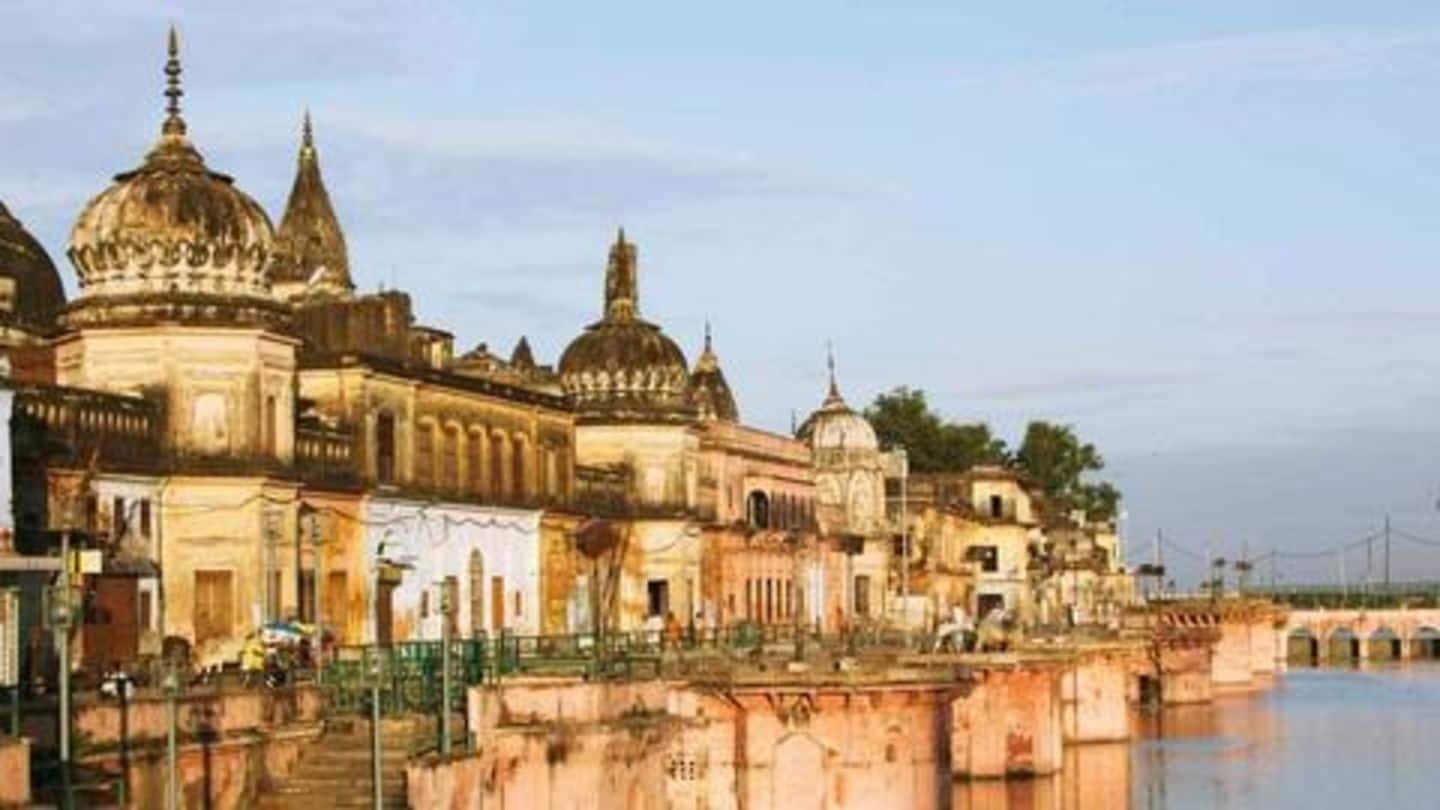
Ayodhya case: Mosque sides urge SC to follow Constitution
What's the story
The daily hearings in the sensitive Ayodhya case concluded last week and the countdown for the verdict has started. As the country has turned its eyes towards the top court, seven parties seeking a mosque at the disputed site told the five-judge constitutional bench that the judgment will have far-reaching consequences and urged it to give an order that reflects "constitutional values". Here's more.
Case
Backstory: After 2010's verdict, all parties went to SC
The Ayodhya case, which deals with 2.77 acres of land in the temple town of Uttar Pradesh, has been lying in SC for years. As many as 14 pleas challenging the 2010 verdict of Allahabad High Court have been filed. HC had split the land equally among three parties, Sunni Waqf Board, Nirmohi Akhada, and deity Ram Lalla, but everyone remained displeased with this.
Submission
Seven mosque parties made an appeal to SC
Now, three days after SC wrapped up daily hearings, which started in August, all parties involved with the case filed written submissions for "molding of relief," which essentially means simplifying arguments and telling the court the points it wants a judgment on. On Sunday, the seven mosque parties in a one-page statement said the court must know its verdict will have consequences lasting generations.
Quote
"We hope court upholds multi-religious values"
"It's for the Court to consider the consequences of its historic judgment by molding the relief in a fashion that will reflect the constitutional values that this great nation espouses... we hope that the Court, in molding the relief, upholds our multi-religious and multicultural values," the statement read.
Statement
The parties said that millions of minds will be affected
The statement was attested by senior lawyer Rajeev Dhavan, who represented Sunni Waqf Board in the apex court. Saying the verdict will impact the country's polity, the parties added, "This Court's decision may impact the minds of millions who are citizens of this country and who believe in constitutional values embraced by all when India was declared a republic on January 26, 1950."
Submissions
Here's what other parties said in their submissions
Meanwhile, the Nirmohi Akhada in its submission said it's the "lead claimant for building the temple", as it has the "shebait" rights since the 18th century. As per Hindu law, a "shebait" has the responsibility of preserving the idol. Separately, Rajendra Singh, the son of original appellant Gopal Singh Visharad, has demanded the entire plot for the temple, saying it's non-negotiable.
Quote
Visharad said Muslims can perform Namaz somewhere else too
"The Plaintiff and his successor and other Hindus have always performed Puja and worship of the Deity as situate in the Janamasthan, since time immemorial. It's not essential for the Muslims to perform Namaz at the disputed site, (sic)" their submission read.
Demand
Notably, Ram Lalla's counsel wants more than disputed property
Further, the counsel for Ram Lalla has staked a claim for not only the 2.77 acres of land but also the 67.703 acres which Centre acquired in 1993. They said if a grand temple is constructed at the site, the extra land will facilitate the entry of devotees. The much-awaited verdict will be out before November 17, the day CJI Ranjan Gogoi retires.